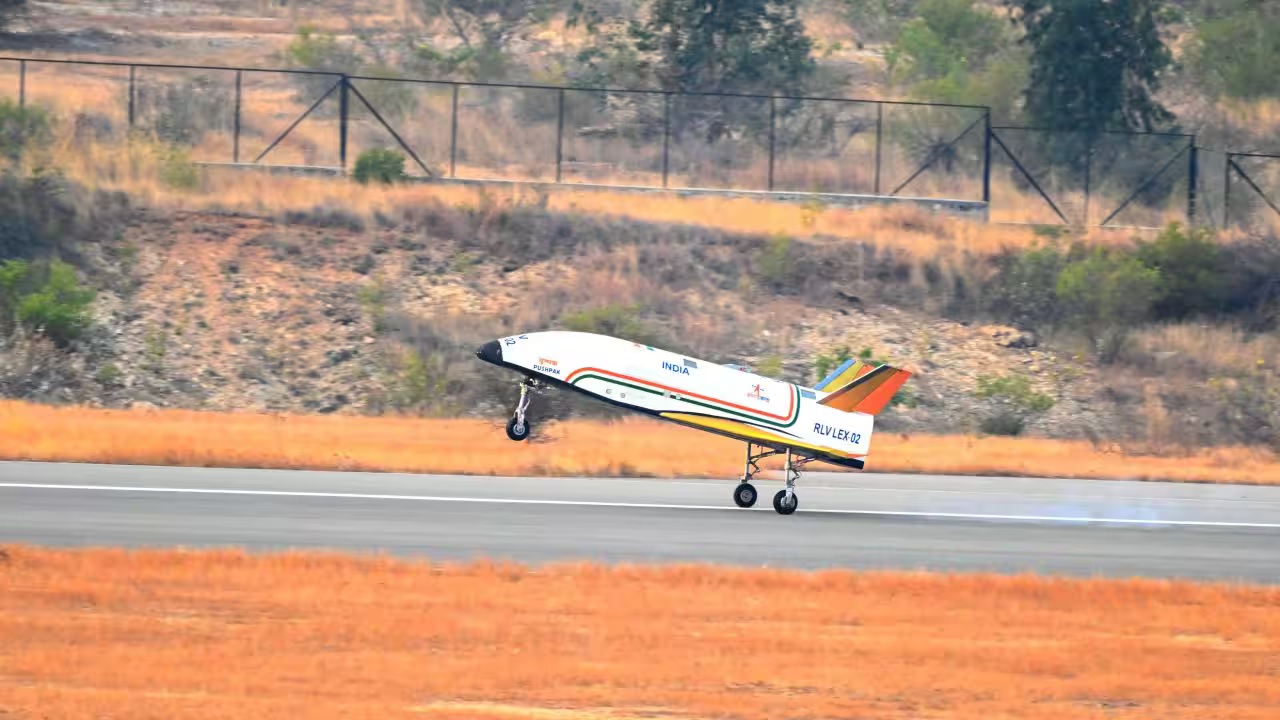ISRO's Pushpak Space Shuttle: Revolutionizing Affordable Satellite Deployments

In a significant move to boost India's space capabilities, the Indian Space Research Organisation (ISRO) has onboarded a new game-changer: the Pushpak Orbital Transfer Vehicle (OTV). Developed in collaboration with ISRO's commercial arm, NewSpace India Limited (NSIL), Pushpak aims to provide a faster and more cost-effective solution for deploying smaller satellites. This innovation comes as part of a larger strategy to make satellite launches more economical while maintaining precision and efficiency, a key concern for space agencies globally.
The concept behind Pushpak is simple yet revolutionary. It functions much like a rideshare for space missions, catering to smaller satellites and deploying them across multiple orbits. Traditionally, when satellites are launched, they require substantial fuel reserves to make post-launch adjustments for achieving the desired orbit. Pushpak, however, minimizes the need for these adjustments, reducing fuel consumption. This not only extends the operational lifespan of the satellites but also saves resources, making launches more sustainable and efficient.
By using Pushpak, the cost per kilogram for launching a satellite can drop dramatically. In fact, NSIL projects that the cost of deploying satellites through this vehicle will decrease from an estimated $45,000 per kilogram to as low as $25,000. Such a substantial price reduction will be a welcome change for companies and governments alike, as it lowers the financial barriers for accessing space.
The first mission that will utilize Pushpak is expected to take place in early 2026, with two clients already signed up to use the service. Additionally, NSIL is in discussions with several other potential customers, indicating strong interest from both domestic and international players. This growing list of clients also underscores India's increasing importance in the global space economy.
Pushpak is not just about reducing costs—it’s about enabling more complex missions. It is designed to handle multi-orbit deployments and make inclination changes with precision, capabilities that will be crucial as space missions become more ambitious. These features will allow Pushpak to support a wider range of satellite deployments, particularly for smaller, more specialized satellites that are gaining popularity for applications such as Earth observation, communication, and defense.
The initiative signals ISRO's strong commitment to not only pushing the boundaries of technological innovation but also fostering collaboration between India's public and private sectors. NSIL's role in commercializing space technology is growing, and Pushpak is a prime example of how these partnerships can benefit both the industry and end users.
By integrating cutting-edge technologies like Pushpak, ISRO is poised to play a more prominent role in the global space market. This move will not only attract more satellite launches to India but also contribute to more sustainable and efficient space operations, all while keeping costs competitive.
In the broader context, the development of Pushpak aligns with ISRO's long-standing vision of making space exploration more accessible. As global demand for satellite launches continues to grow, ISRO and NSIL are positioning themselves as key players capable of meeting this demand while maintaining affordability and innovation at the forefront.


